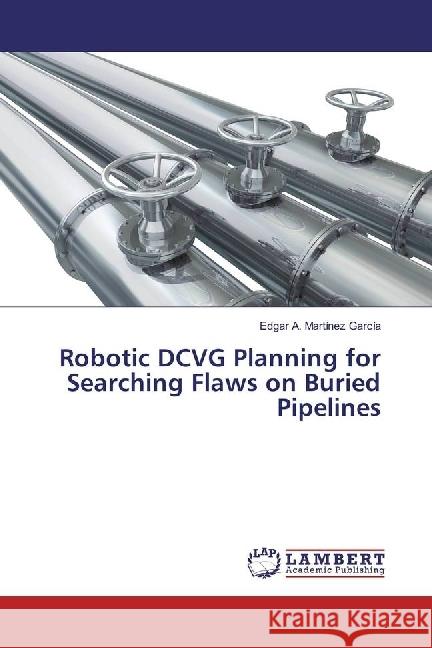Robotic DCVG Planning for Searching Flaws on Buried Pipelines » książka
Robotic DCVG Planning for Searching Flaws on Buried Pipelines
ISBN-13: 9783330024380 / Angielski / Miękka / 2017 / 72 str.
This book provides a modern perspective on robotised navigational tasks, with fundamental analysis on the direct current voltage gradient (DCVG) technique to search flaws on buried pipelines. The book finds an analytical convergence of different engineering disciplines such as mobile robotics, DCVG survey, motion planning, and navigation control, which are combined in one integrated framework. Offering a unified perspective of the principles on how to implement robotised surveys of underground pipelines. The proposed paradigm discloses how to create flaw-attracting motion for a robot towards a flaw, with CuCuSO4 electrode feedback. This navigational focus differs from the often human-heuristic DCVG survey. The novel search/explore paradigm proposed in this book is presented with mathematical formality and simulation results. The book is useful for researchers and practitioners, as it explains the derivation of the algorithms with enough supporting theory to enable readers to develop their own variants. Either, for using the formulation to code automatic systems for flaw surveying, or for modelling and doing theoretical analysis of robotic sensor and control.











